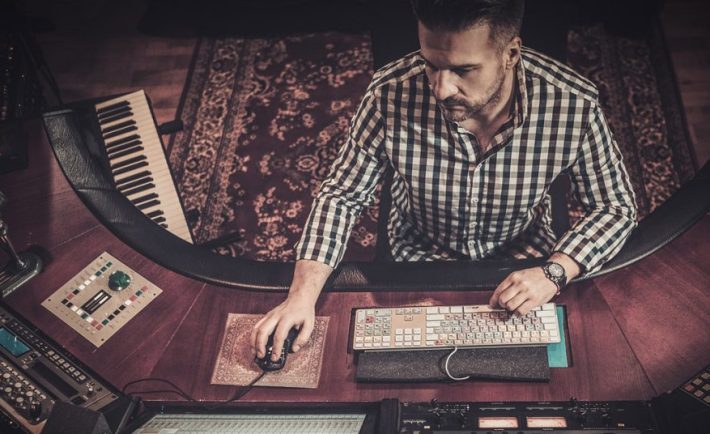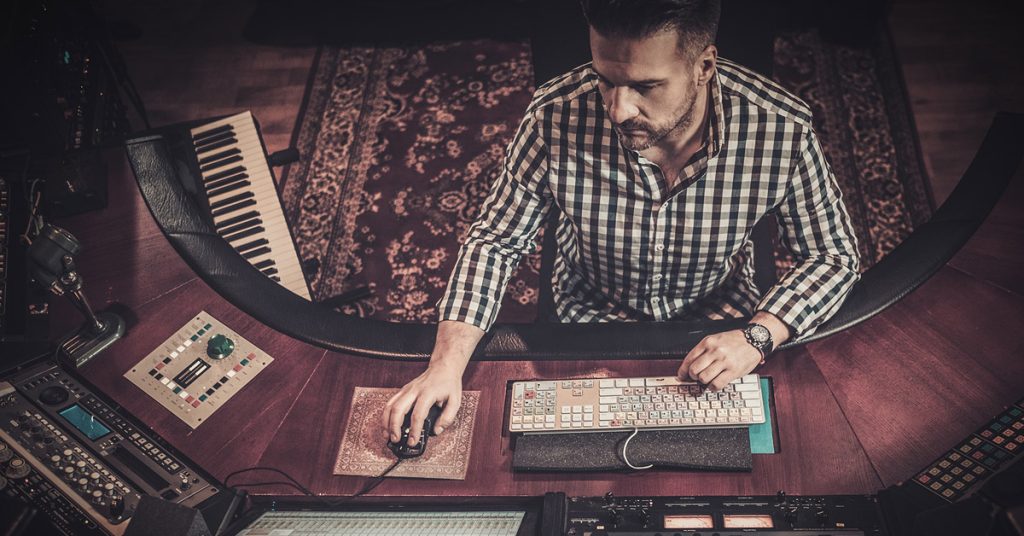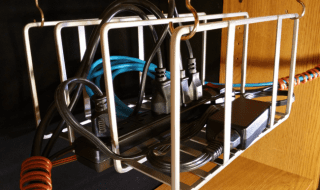
You have the talent to put together an incredible song, but it doesn’t sound like what you hear on the radio. That’s because before a music piece is finalized and released, it goes through a mixing and mastering process.
What you’re hearing isn’t the result of a band playing in a music studio, then sharing their first recording. A finished piece goes through a workflow in which experts use their skills to make the masterpiece played on the radio.
You don’t need to spend thousands of dollars hiring a professional to get the job done, though. Learn how to mix and master music yourself, and within a few years, you’ll be releasing high-quality sounds that are as good as what you hear on your favorite streaming service.
What’s Involved in Learning Mixing and Mastering?
When you see a professional mixer and master, rest assured that they didn’t get their level of expertise overnight. It can take years for someone to reach the level of “expert,” but everyone starts with the basics.
How quickly you develop the skills necessary to reach proficiency depends on individual factors like your ear for music, how much work you put into studying and learning, and the equipment you use. Here’s a general breakdown of how long it takes for each skill.
Breaking Down Mixing and Mastering By Skill Level
The first level to reach is where we all start: novice. As a novice, you know how to do the very basics of mixing. You’ve seen someone else mixing and mastering music, and they’ve taught you the hands-on part, or you’re taking a course. The more practice you put in as a novice, the sooner you’ll get to the next level: competent.
When you’re competent at mixing and mastering, you can create a demo of your (or someone else’s) music. It will even sound decent! But it won’t be professional-level yet. This stage typically takes a year or two of consistent practice to break through to the next stage.
Now, you know the physical parts, and you’ve learned to hear what works and what doesn’t. You can listen to a piece and know which elements are necessary to improve it. This level is proficient, and it’s where most people stop. When you’re proficient, you can produce a high-quality track that sounds like something that’s commercial-quality. It’s not the final level yet.
You might become an expert with another few years of continual practice, offering mixing and mastering services to others. How do you know when you’ve reached this ultimate level of expertise? Easy: You can produce a versatile range of tracks that sound as good as, or better than, what’s on the radio. You know what sound you want, and you can create it. Nothing you do is ever muffled anymore. You’re an expert.
Time Frames for Each Stage

Expertise isn’t going to happen overnight, and some stages take longer than others to reach. The key is to keep on going, no matter how slow you can push through.
From the time you start your hands-on training in mixing and mastering, it will only take you a few weeks to become a novice. You’ll build a solid competency within six months, producing your own decent demos.
Within the next 3-5 years, you’ll work on your proficiency. The more you’re able to practice and the more variety you’re working with, the quicker you’ll make it to an expert stage. However, to truly master this skill will take years.
Don’t be surprised if you’re still learning new things ten years or more after you thought you knew it all. The music industry is always changing, which is what makes it so exciting!




